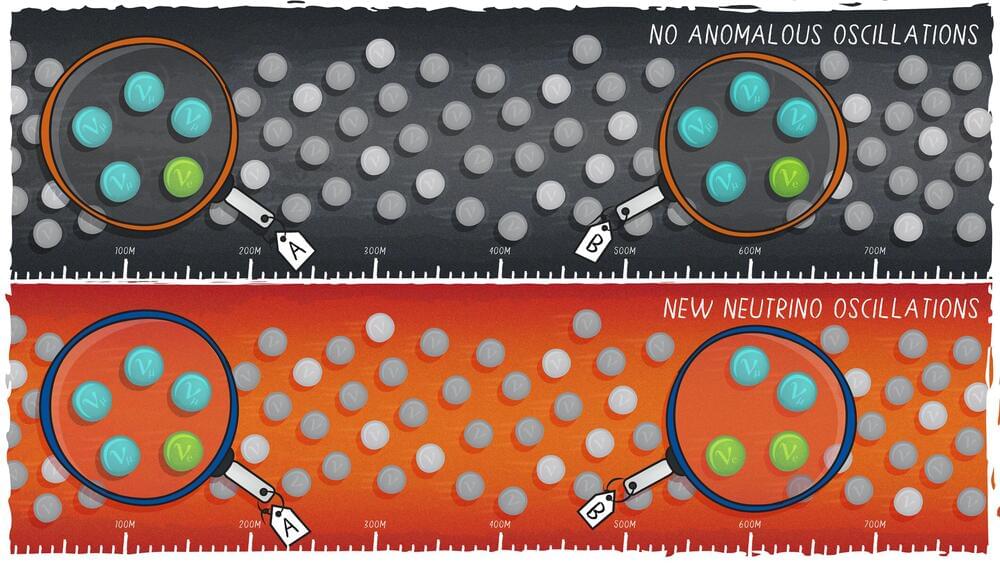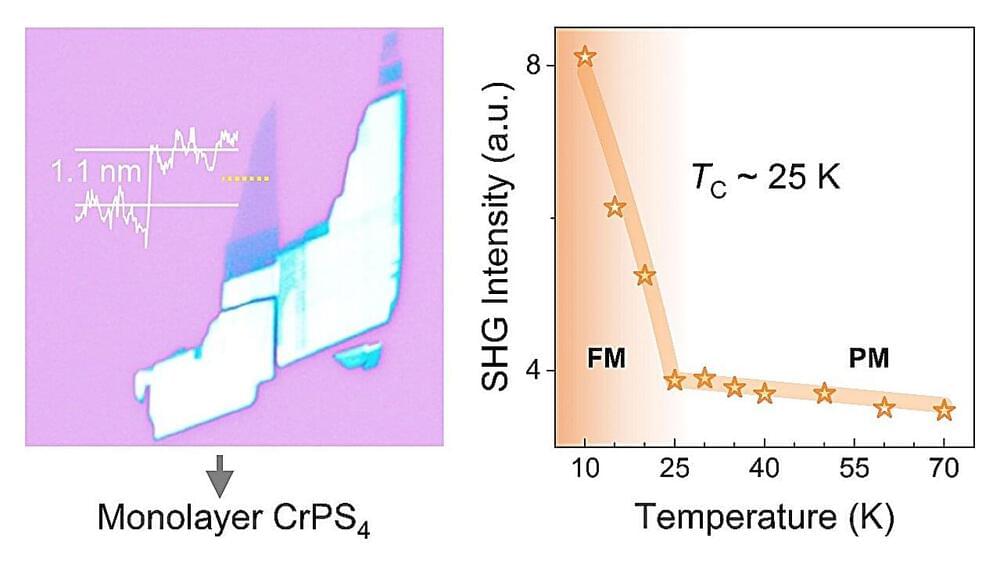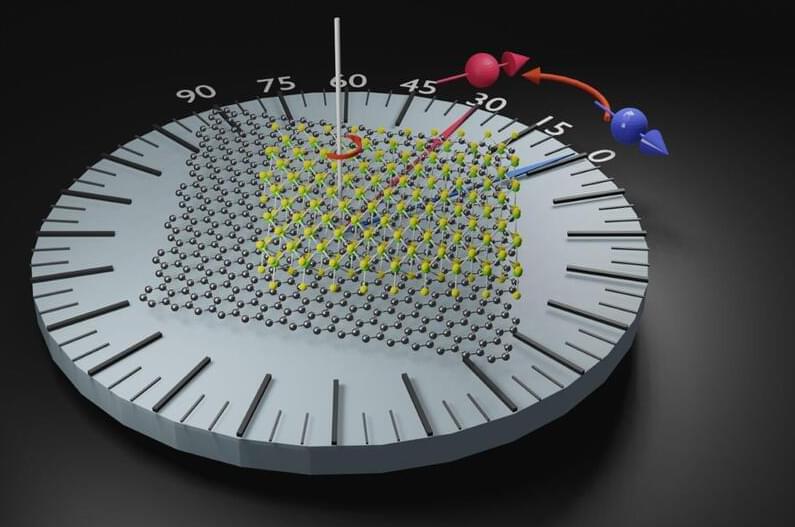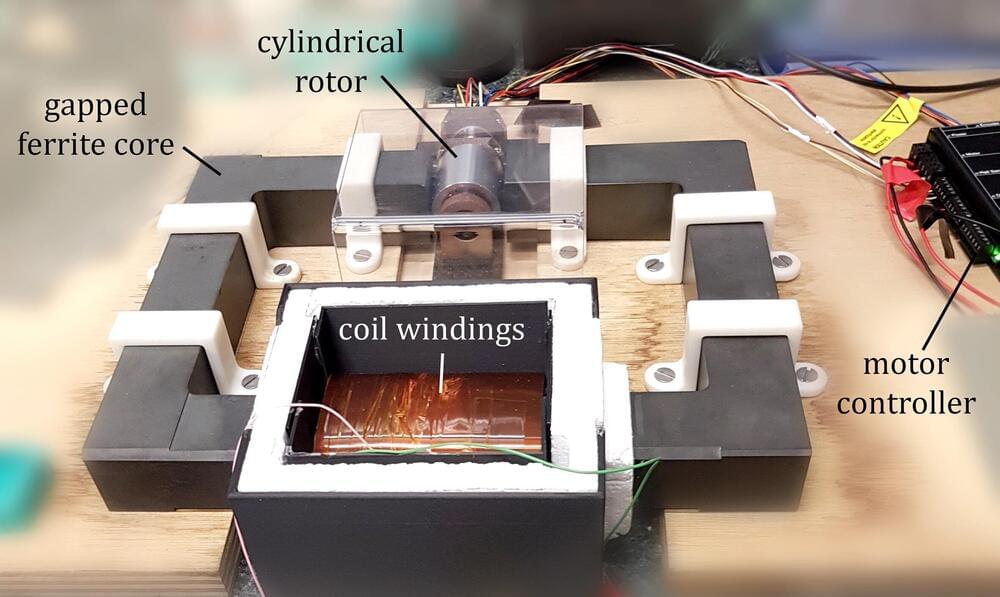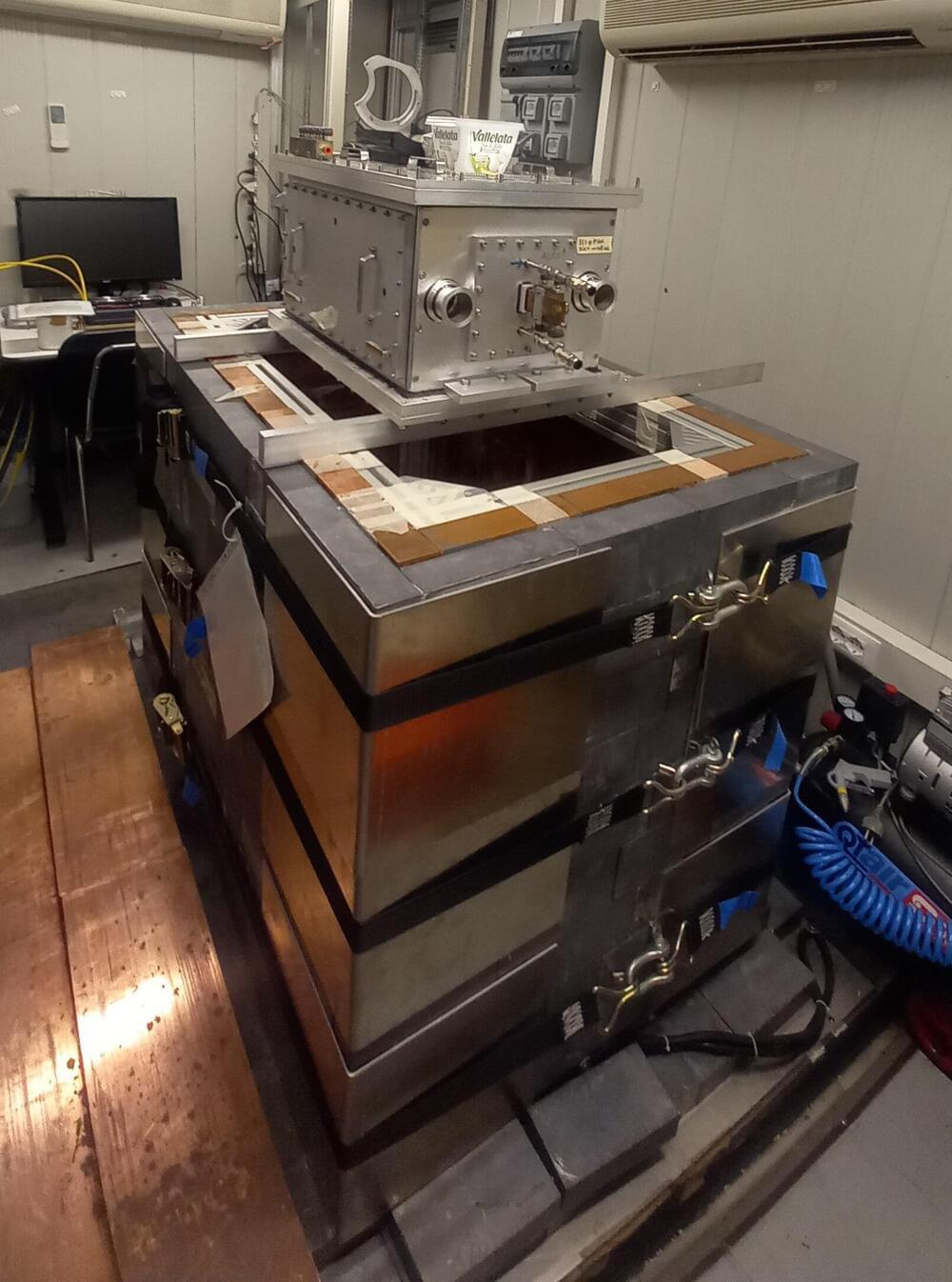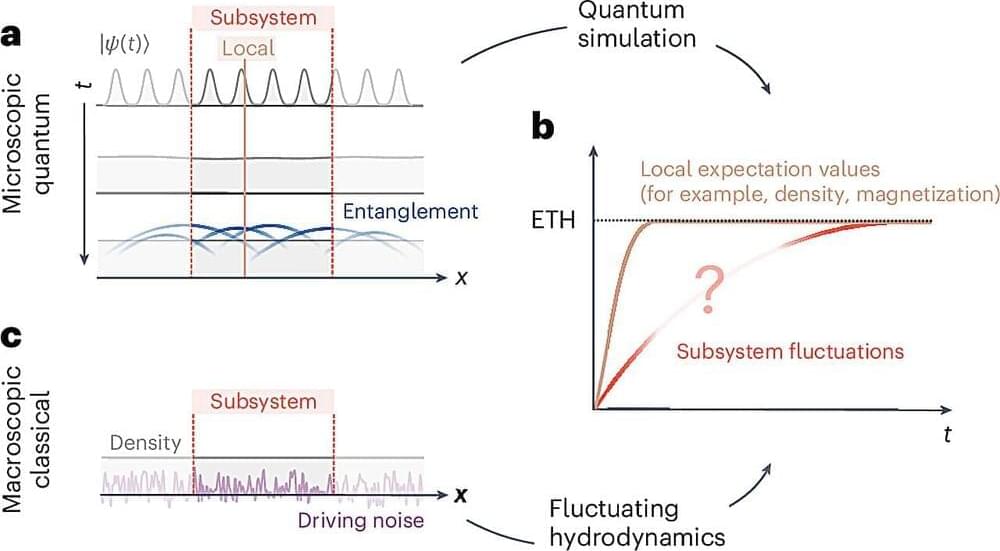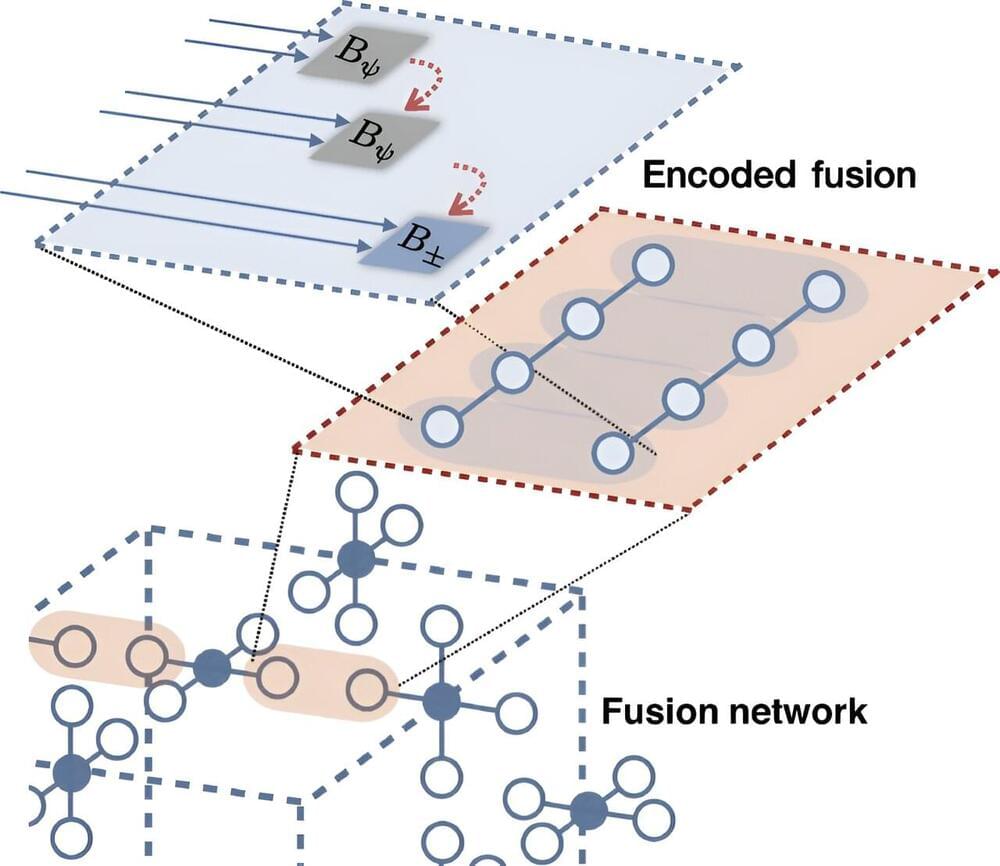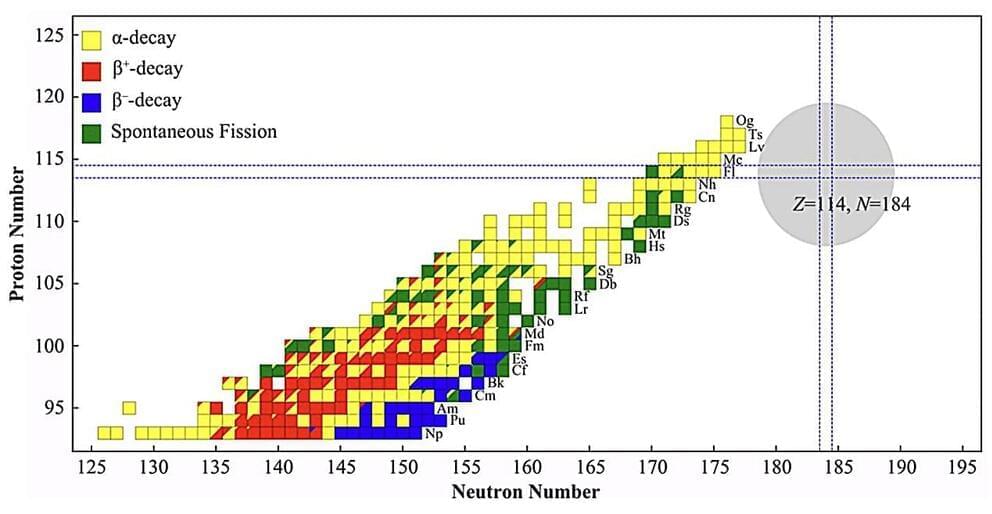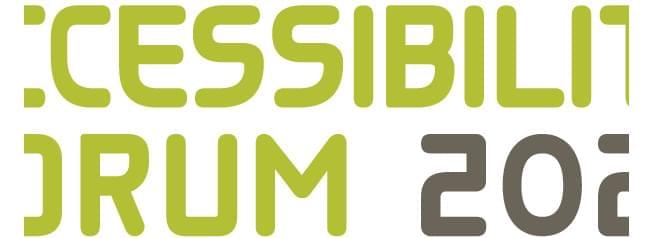
Abstract: Recent advancements in large language models (LLMs) have sparked optimism about their potential to accelerate scientific discovery, with a growing number of works proposing research agents that autonomously generate and validate new ideas. Despite this, no evaluations have shown that LLM systems can take the very first step of producing novel, expert-level ideas, let alone perform the entire research process. We address this by establishing an experimental design that evaluates research idea generation while controlling for confounders and performs the first head-to-head comparison between expert NLP researchers and an LLM ideation agent. By recruiting over 100 NLP researchers to write novel ideas and blind reviews of both LLM and human ideas, we obtain the first statistically significant conclusion on current LLM capabilities for research ideation: we find LLM-generated ideas are judged as more novel (p < 0.05) than human expert ideas while being judged slightly weaker on feasibility. Studying our agent baselines closely, we identify open problems in building and evaluating research agents, including failures of LLM self-evaluation and their lack of diversity in generation. Finally, we acknowledge that human judgements of novelty can be difficult, even by experts, and propose an end-to-end study design which recruits researchers to execute these ideas into full projects, enabling us to study whether these novelty and feasibility judgements result in meaningful differences in research outcome.
From: Chenglei Si [view email].
